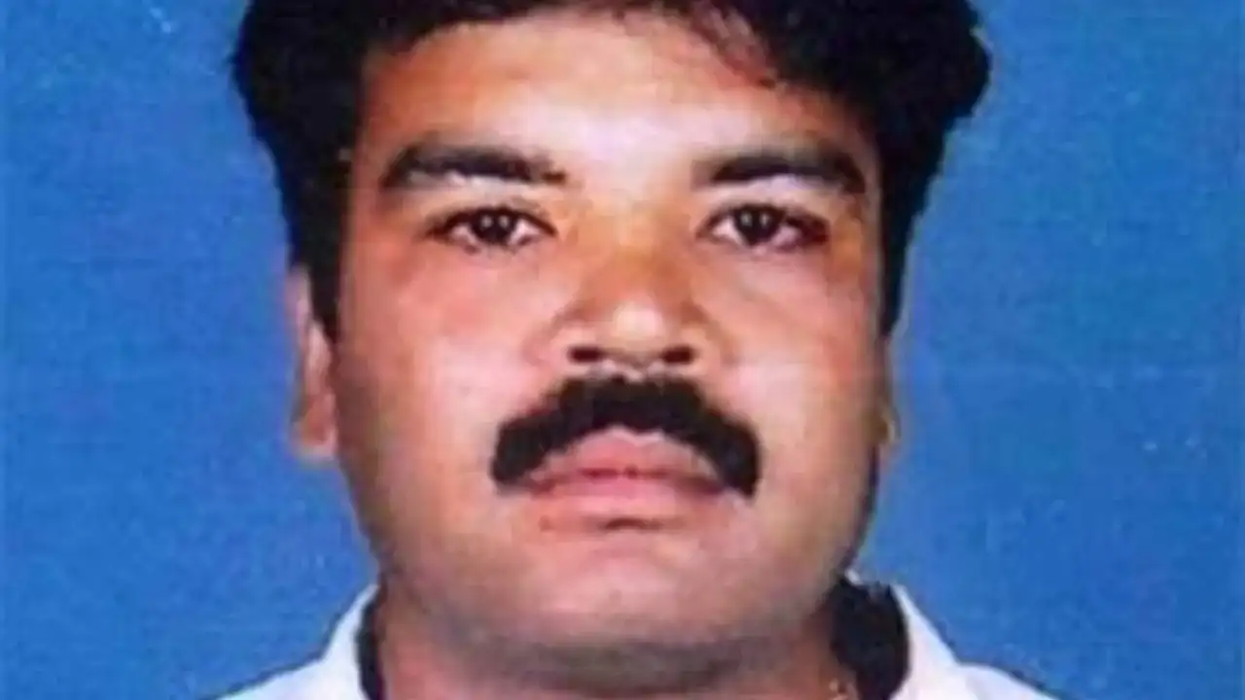THE UK High Court on Tuesday (11) began hearing fugitive diamond merchant Nirav Modi's appeal against a lower court's order to deny him bail as he fights his extradition from Britain to India in the nearly $2 billion Punjab National Bank (PNB) fraud and money laundering case.
Justice Ingrid Simler at the Royal Courts of Justice in London began hearing the arguments presented by Modi's legal team. They hope to persuade the judge to overturn the Westminster Magistrates’ Court ruling to deny bail during three previous attempts, for fear that the 48-year-old would fail to surrender.
“The reality is that he is not the cold-blooded hardened criminal as claimed by the government of India but a jewellery designer from a long line of diamond dealers, and regarded as being honest careful and reliable,” said Clare Montgomery, Modi’s barrister, as she opened the arguments in the hearing.
Judge Simler intervened to indicate that she has noted that Modi does possess the "means" to flee the UK and that factor must be a feature in a case involving "such sizeable funds".
She was expected to give her ruling in the matter later on Tuesday, after hearing all the arguments presented by Modi’s legal team and the UK Crown Prosecution Service (CPS), on behalf of the Indian government.
Modi has been denied bail at three previous attempts at Westminster Magistrates’ Court in London, as the judge ruled there was "substantial risk" that he would fail to surrender and deemed the bail security offered as insufficient.
Modi, who has remained behind bars in judicial custody since his arrest in March, had the automatic right to file an application in the higher court and did not require permission to appeal.
His legal team has described their client’s experience at Wandsworth prison in south-west London as “damaging” and had offered stringent electronic tag and other conditions akin to house arrest at his posh Centrepoint apartment in the West End of London in an attempt to persuade the judge to grant bail.
At the first case management hearing in the case at Westminster Magistrates’ Court last month, the issue of bail was not raised and Modi was further remanded in judicial custody until June 27, when he is scheduled to appear via video link.
At the hearing on May 30, Judge Arbuthnot directed the Indian government to confirm which prison Modi is to be held in if he were to be extradited to India, setting a 14-day deadline for a confirmation of the prison plans in India.
The CPS has until July 11 to present an opening position statement laying out the prima facie case against Modi, with the next case management hearing set for July 29 – when a timeline for extradition trial is expected to be laid out.
Modi was arrested by Scotland Yard officers on an extradition warrant from a Metro Bank branch in central London on March 19 and has been in prison since.















 Lakshmi Mittal
Lakshmi Mittal 

